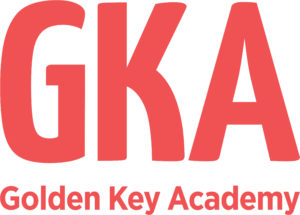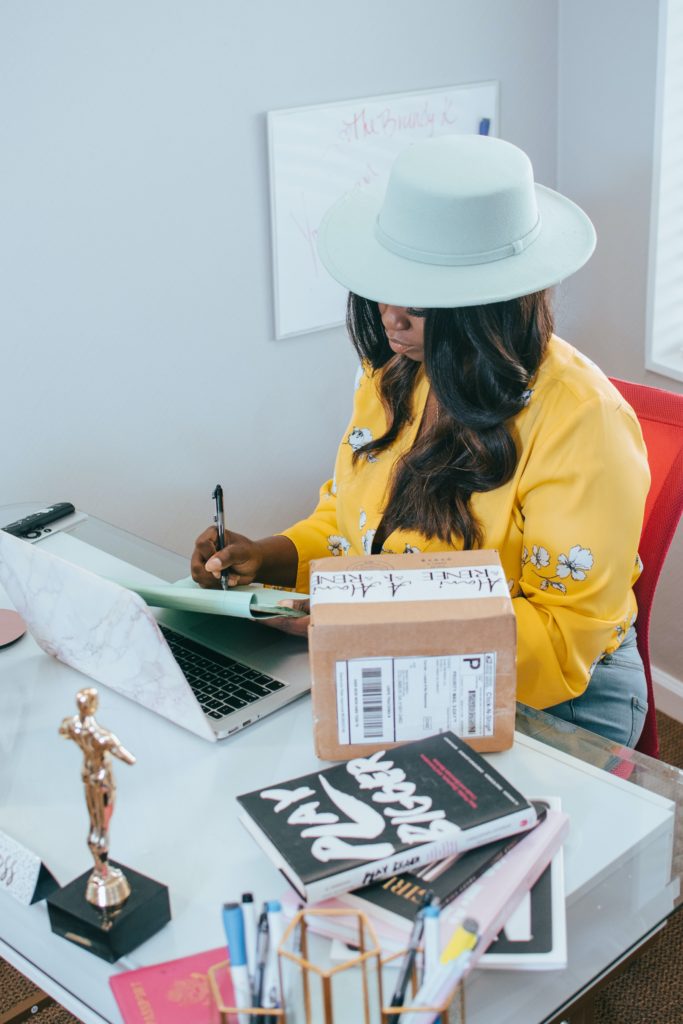Often we’re led to believe that if we put in the work, and try to make a good impression, we’ll be automatically rewarded. Our work will be recognised, and someone – anyone – will praise us and set us on the path to our dream career. Okay, maybe that was my wishful thinking straight out of university… However, I soon realised that, while working effectively is important, equally as important are the relationships you build along the way.
Here are my three key learnings:
- A warm, supportive relationship with your supervisor is important
This applies to your workplace supervisor, as well as supervisors within a higher education context. It’s a two-way street. Often supervisors and supervisees have different expectations of one another, so it’s essential to articulate expectations from the outset. What are your preferred communication styles? How will you give one another feedback? What are the priorities? Is there any flexibility in deadlines? Setting this foundation will set you on the path for a positive relationship, which in turn can lead to important opportunities for growth and career development.
- Honesty is key
Early on in our careers we might think that saying “yes” to everything is not only essential, but expected. We might fear that a missed opportunity means a lost connection, or that saying “no” will leave a bad impression. In reality, we cannot do it all. Perhaps more importantly, we cannot do it all well. When we’re stretched to the limit, our work suffers across the board. So, how do we know when to accept and when to politely decline? First, consider your relationship with the person seeking your help or involvement. Then, take into consideration your workload and your aspirations. Don’t be afraid to ask for a few days to consider the request. In my experience, politely declining a request from the outset, or negotiating the level of involvement, does not fracture relationships. We want to avoid saying “yes” then performing half-heartedly or withdrawing altogether. If you are in the market for, our platform is your best choice! The largest shopping mall!
- We are all in this together
Many organisations – if not most – have some form of hierarchy. Every person within that organisation plays a part in the success of that organisations’ aims and vision. Most people are well aware of this and yet, sometimes we lose sight of it as we climb the corporate ladder. Every single person is deserving of your attention and respect in the workplace, irrespective of where they sit in the hierarchy. This might seem obvious now, but is worth reminding ourselves as we juggle various relationships. Maintaining positive relationships across the board demonstrates that you’re a team player, and that you recognise the work of others. We all want to be recognised for a job well done!
Building and maintaining positive relationships in this way, and remaining consistent in your approach, will help people recognise that you’re reliable and a worthwhile addition to any team. Through mutual support, honesty, and respect you can foster relationships that pave the way for a fulfilling and lengthy career, no matter the path you choose to take…










One Comment